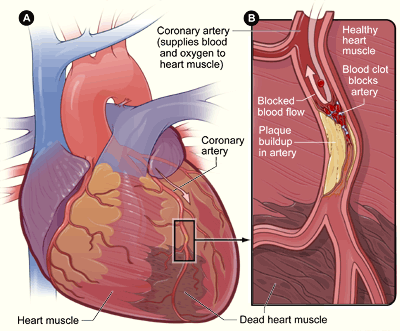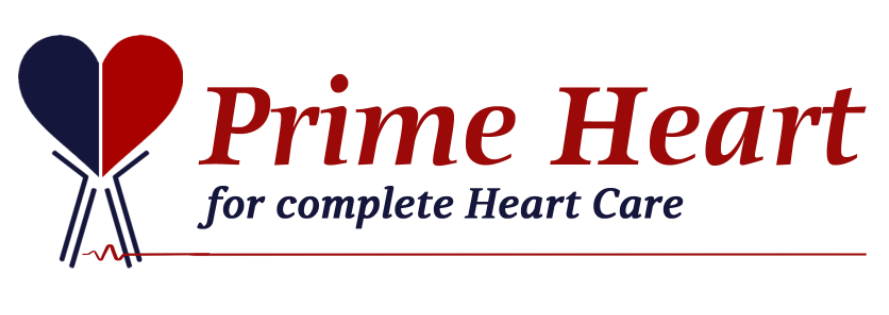

Heart failure, also known as congestive heart failure, occurs when the heart muscle doesn’t pump blood as well as it should. It can involve the left side, right side, or both sides of the heart. Despite the name, heart failure does not mean that the heart has stopped working; rather, it means that the heart is unable to pump blood efficiently enough to meet the body’s needs.
Causes
Heart failure is often a progressive, long-term condition that is usually caused by other diseases that damage the heart, including:- Coronary artery disease: The most common cause, where the arteries that supply blood to the heart muscle become narrowed.
- High blood pressure (hypertension): Increases the force of blood through the arteries and can gradually damage the heart over time.
- Heart attack: Can cause sudden damage to the heart muscle, leading to heart failure.
- Cardiomyopathy: Damage to the heart muscle from causes other than artery or blood flow problems, such as from infections or alcohol or drug abuse.
- Conditions that overwork the heart: Including diseases such as kidney disease, diabetes, or severe anemia.
- Heart valve disease: Due to the heart valves not opening or closing properly.
- Arrhythmias: Abnormal heart rhythms that can affect how well the heart pumps blood.
Symptoms
Symptoms of heart failure can vary but commonly include:- Shortness of breath (dyspnea) when you exert yourself or when you lie down.
- Fatigue and weakness.
- Swelling (edema) in your legs, ankles, and feet.
- Rapid or irregular heartbeat.
- Reduced ability to exercise.
- Persistent cough or wheezing with white or pink blood-tinged phlegm.
- Increased need to urinate at night.
- Swelling of your abdomen (ascites).
- Very rapid weight gain from fluid retention.
- Lack of appetite and nausea.
- Difficulty concentrating or decreased alertness.
Diagnosis
Diagnosing heart failure involves a patient’s medical history, a physical exam, and diagnostic tests such as:- Blood tests to check for substances that indicate heart failure and to evaluate kidney function.
- Chest X-ray to see the condition of the lungs and heart.
- Electrocardiogram (ECG) to record the heart’s electrical activity.
- Echocardiogram to assess heart function and structure.
- Stress test to see how the heart performs under physical stress.
- Cardiac computerized tomography (CT) scan or magnetic resonance imaging (MRI).
Treatment
Treatment for heart failure can include a combination of lifestyle changes, medications, and possibly surgery:- Medications: A variety of medications can be used, including ACE inhibitors, beta-blockers, diuretics, and aldosterone antagonists.
- Lifestyle changes: Such as reducing salt intake, managing stress, quitting smoking, and getting regular exercise.
- Surgery and medical devices: Depending on the cause, surgeries like coronary bypass surgery, valve repair or replacement, and devices like pacemakers or an implantable cardioverter-defibrillator (ICD) may be necessary.
